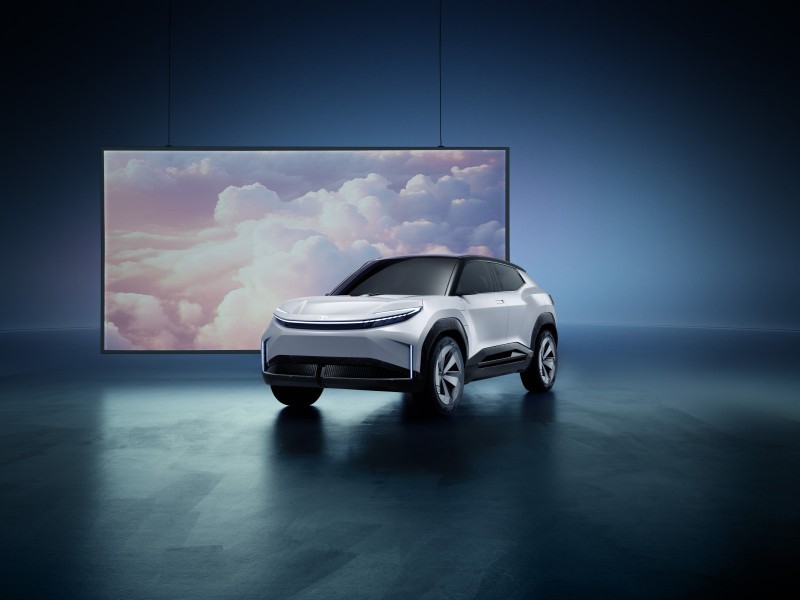Toyota has announced its ambitious plan to expand its lineup of battery electric vehicles (BEVs) in Europe, targeting the introduction of six dedicated BEV models by 2026.
In its pursuit of zero emissions in the region, the automaker revealed two new concepts during its annual Kenshiki forum: a "close-to-production" Urban SUV and a Sport Crossover set to launch in Europe by 2025.
Andrea Carlucci, Vice President at Toyota Motor Europe, shared insights at the forum, saying: "Looking at Europe specifically, the market today is highly diverse. But the target is 100% carbon neutrality by 2035 - in just 12 years' time. This is something we are committed to achieving."

New EV Concepts of Toyota
Toyota's global strategy for carbon neutrality involves a multipath approach, encompassing hybrid electric, plug-in hybrid electric, battery electric and fuel cell electric systems, along with hydrogen combustion engines and e-fuels.
In Europe, the focus is on expanding the BEV portfolio to meet the evolving market demands. Already on sale, the bZ4X and the Compact SUV concept from the previous year's forum represent the initial steps toward Toyota's commitment to six dedicated BEV models in Europe by 2026.
The newly unveiled Urban SUV Concept, slated to enter a prominent BEV market segment, emphasizes authentic SUV design, offering customers the choice of all-wheel drive and two battery options based on their budget or range preferences, according to Toyota.
In addition, Toyota presented the Sport Crossover Concept, which is scheduled for a 2025 debut in Europe. Distinguished by a fastback profile, this concept aims to bring a unique style to the BEV lineup.
The automaker is also gearing up for the post-2026 era with next-generation technologies. A series of new batteries are in the pipeline, starting with a performance version designed for twice the driving range and a 20% cost reduction in contrast to the current bZ4X.
Following this, Toyota plans to introduce a low-cost battery featuring a new shape, a bipolar structure, and cheaper lithium iron phosphate (LFP), aiming for a 20% range increase and a 40% cost reduction.
The third battery in development will prioritize high performance, incorporating bipolar technologies and a high nickel cathode for even lower costs and an extended driving range.
Read Also : Toyota Set to Begin Production of Next-Generation BEVs in 2026, Prioritizing Affordability and Performance
Solid-State Battery Tech
Looking further into the future, Toyota is making strides in solid-state battery technology, aiming for commercialization between 2027 and 2028, focusing on mass production and a charging time from 10 to 80% in just 10 minutes.
The Kenshiki forum also showcased the Toyota FT-3e concept, a tech study exploring the possibilities of future BEVs, emphasizing reduced weight, enhanced aerodynamic performance, and cost control. The concept envisions cars playing a broader role in society by connecting with it and facilitating the transfer of energy and data.
Related Article : Worksport Announces Tonneau Cover Availability for Chevrolet, Jeep, Dodge, RAM, Ford, Nissan, Honda, Hyundai, and Toyota

ⓒ 2025 TECHTIMES.com All rights reserved. Do not reproduce without permission.




